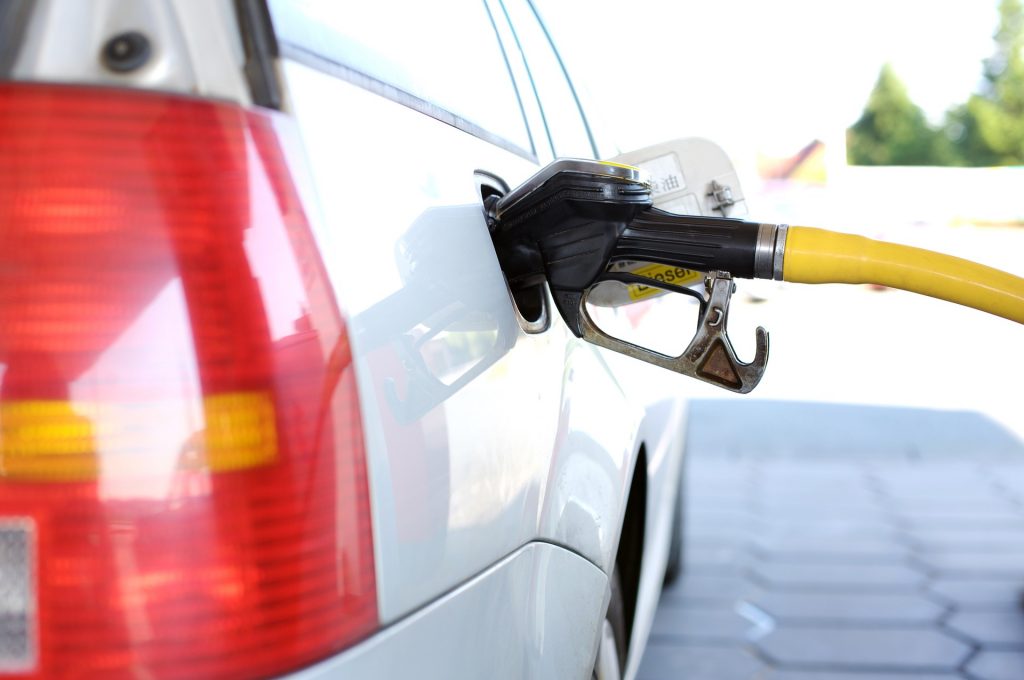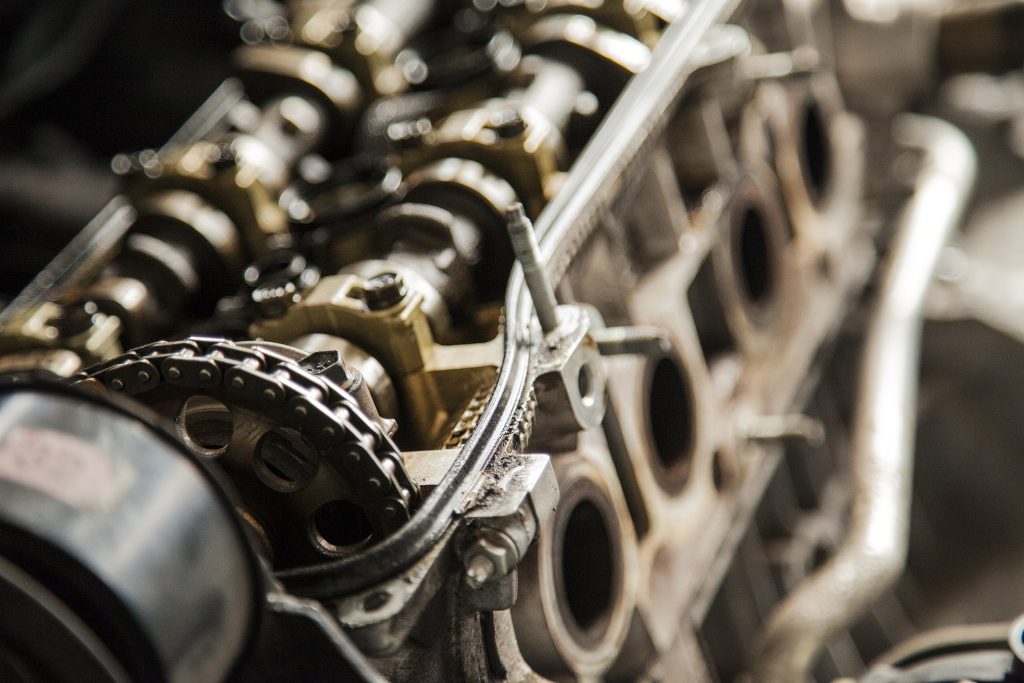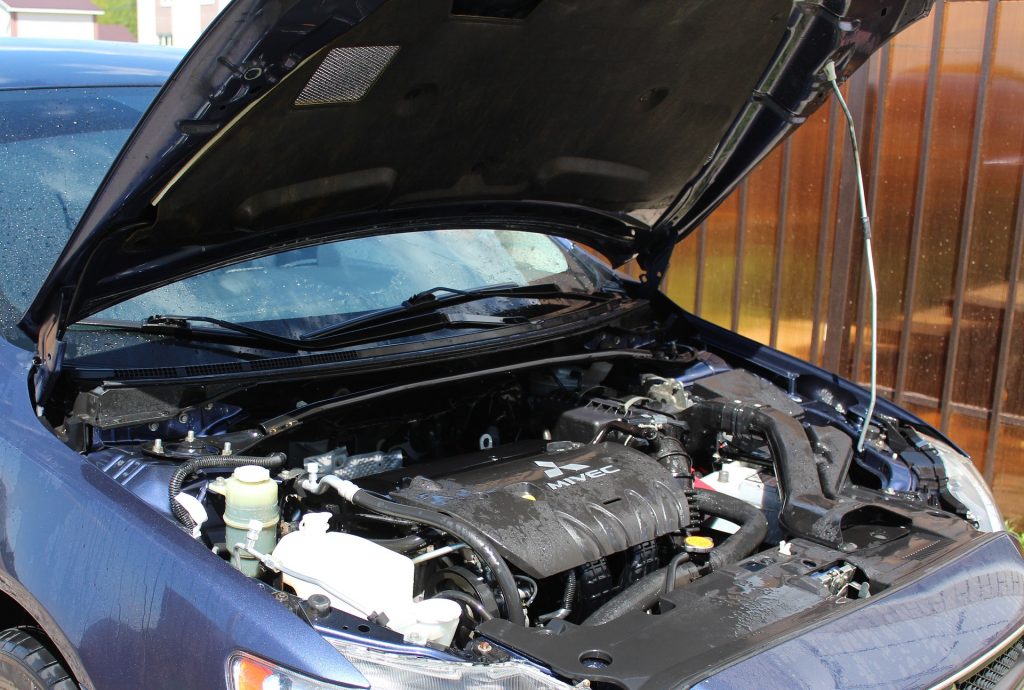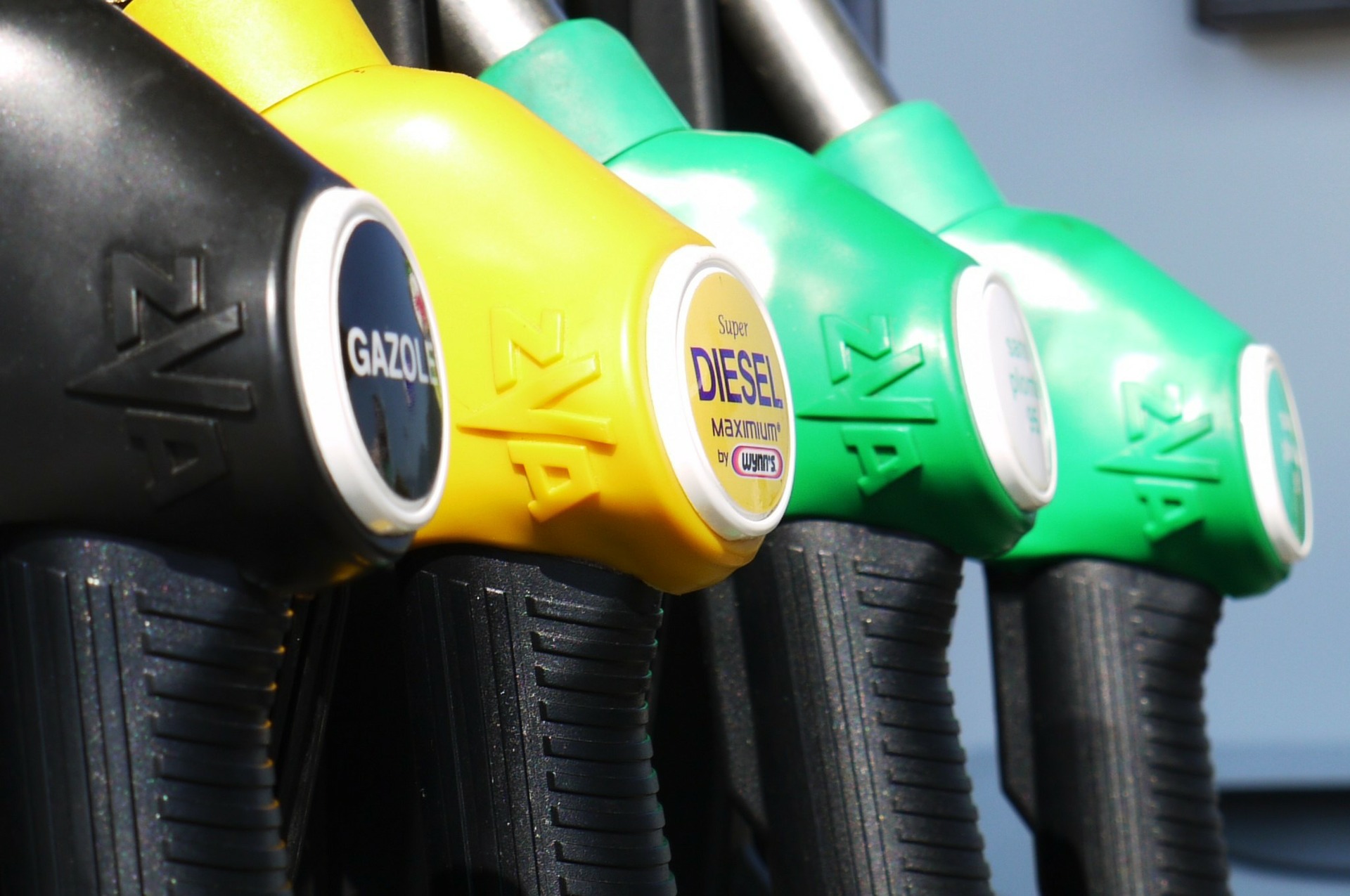
For a diesel engine to last, regular maintenance is crucial. Although every diesel engine is expected to encounter some problems at some point, they generally require no ignition tune-ups and tend to last longer without major repairs.
Advantages and Disadvantages of Getting A Diesel Engine
Pro:
Diesel engines tend to get good mileage because they deliver better fuel economy than similarly performing gasoline engines.
Con:
While gasoline-powered engines are fiery and fast, diesel engines tend to be slower.
Pro:
Diesel fuel is efficient and one of the most energy-dense fuels available today because of its ability to convert heat into energy rather than just sending the heat out the tailpipe
Con:
While diesel fuel used to be cheaper than gasoline, it is now no longer the case. As diesel engines grow in popularity, the demand for diesel fuel will eventually grow, setting the path for the price of diesel to continue increasing.
Pro:
Having no spark plugs or distributors, diesel engines never need ignition tune-ups.
Con:
From oil and air to the fuel filters, diesel engines still need regular maintenance to stay in good condition.
Pro:
Diesel engines are better performing in terms of fuel economy than traditional gasoline-electric hybrids because they contain more usable energy than other forms of fuel.
Con:
If your vehicle has a water separator it will need to be emptied manually on a regular basis.
Pro:
Built to withstand the rigors of higher compression, diesel engines can go much longer without major repairs compared to gas-powered vehicles. Fewer repairs mean fewer expenses.
Con:
Being more technologically advanced than gasoline systems, diesel engines will require more expensive repairs in case of fuel injection system breaks down.
Tips & Tricks for Maintaining Diesel Engines

Not only will the lifespan of the engine increase if it is checked adequately and regularly by a professional mechanic, but so will its reliability. However, there are a few things that you can do at your level, such as keeping the engine clean, monitoring coolant and gaskets, changing the fuel filters and changing the oil. Below is a detailed list of the steps you can take on your own:
Keep the diesel engine clean

Compromising the cleanliness of your diesel engine can lead to easily damaged engine parts. The presence of dirt, dust and grime will not only decrease the lifespan of the engine but also decrease the performance of the vehicle.
Regularly change the fuel filters
After every 10-15 thousand miles, have the fuel filters changed by your mechanic. Nowadays, fuel filters for cars come in two categories: primary and secondary fuel filters. Talk with your mechanic and have him replace the two screens simultaneously.
Have the oil for your engine changed properly
It is generally recommended to change the diesel engine oil after every 5000 miles covered. Depending on how you use your vehicle, the intervals at which you are going to change the engine oil will vary.
Monitor and check the coolant frequently
Considering diesel engines have higher pressures than other gas engines, they are more prone to overheating. Therefore, the cooling system needs to be well maintained to ensure that it doesn’t become acidic with time. You can have your car fitted with a cooling system monitoring gadget to help you to monitor it.
Ensure the air filters are in good condition
Air filters must be inspected and replaced regularly. The good thing is that the filters must not be removed whenever you want to have them checked. They can be tested without necessarily removing them. Just make sure your car is fitted with an aftercooler if it is turbocharged.
Monitor the gaskets
Sealing in the internal combustion process and keeping coolant and oil from mixing together are pretty extreme conditions to which gaskets are exposed. Even though gaskets are affordable, it would be easier to maintain it by ensuring that the mounting bolts are re-torqued at regular intervals and that the cooling system is secured correctly.
Getting the right oil filters
Choose an oil filter that either meets or exceeds the original equipment manufacturer (OEM) filter that the car manufacturer recommends. Using adequate oil filters will protect the oil from other corrosive particles that may get mixed in.
Installing electrical heaters
To guarantee that your car performance remains constant even during the winter season, consider either fixing your vehicle with electrical heaters on the cylinder block or spraying starting fluid in the combustion chamber to prevent the walls of the cylinder from getting scored.
Avoid keeping the diesel engine idle for a prolonged time
Even though drivers choose to keep diesel engine idle during winter to ensure that the car remains warm, keeping it idle for too long can lead to insufficient lubrication on the piston wall. You can resort to coolant heaters to solve this problem.

